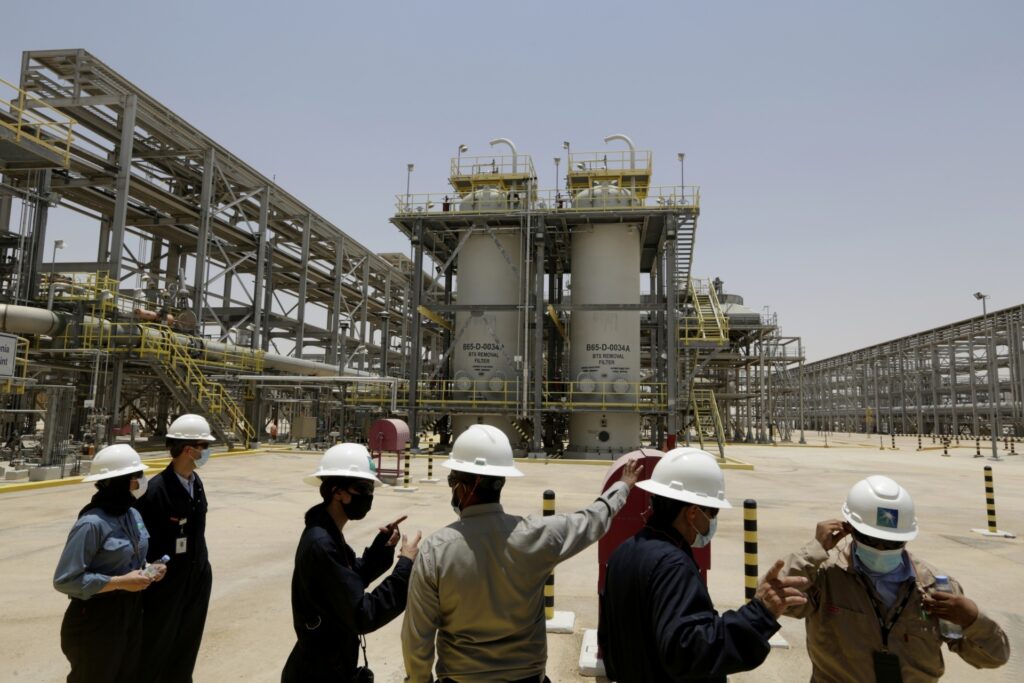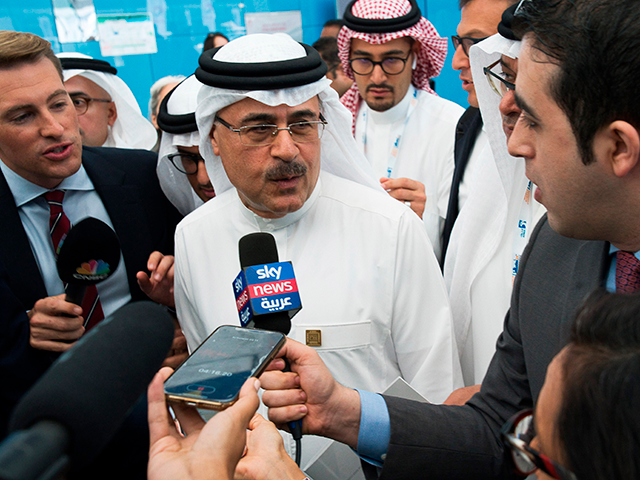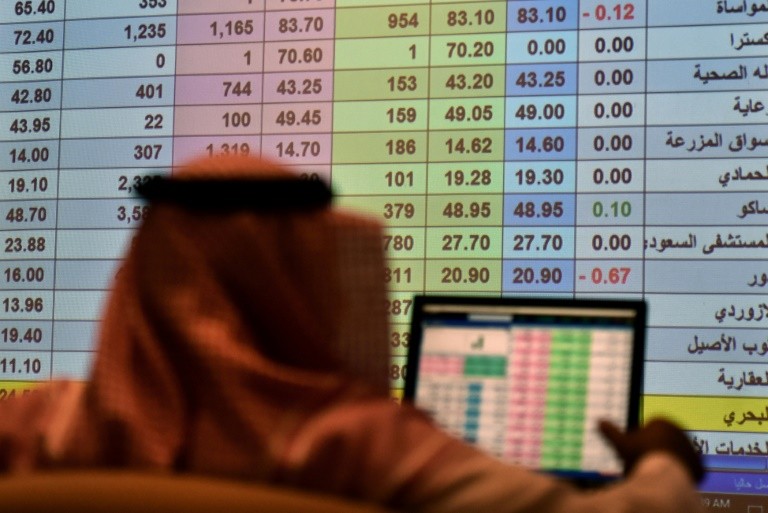Amin Nasser, the chief executive officer of Saudi Arabia’s national oil company Saudi Aramco, said on Tuesday that cyberattacks have become one of the top threats faced by the gigantic energy corporation — a menace as threatening as natural disasters and terrorist attacks on Aramco’s physical assets.
Nasser made his remarks at the 2022 Global AI Summit in Riyadh, the second iteration of an annual meeting to discuss artificial intelligence. This year’s summit, organized by the Saudi Data & AI Authority (SDAIA), included 200 speakers from 90 countries.
The Saudi hosts of the meeting were proud of their own contributions to the field. Saudi Minister of Communications and Information Technology Abdullah Alswaha boasted in his opening remarks that Saudi Arabia “has become the largest tech force of coders and data scientists” in the worldwide AI field.
Aramco’s President Nasser described the growth of AI systems as a natural consequence of growing Internet bandwidth, decreasing data storage costs, and the rise of international standards that make computer interactions easier on a global scale.
“Businesses have always recorded data. But in the past only a fraction of it could be properly analyzed and actioned. Today, by contrast, we are drowning in data!” he exclaimed.
Nasser expressed concerns about the disruptive effect of automation, citing estimates that up to 800 million workers around the world could be displaced by the end of this decade, and they will have difficulty finding employment because automated systems are making human labor too expensive.

Saudi Aramco engineers and journalists look at the Hawiyah Natural Gas Liquids Recovery Plant in Hawiyah, in the Eastern Province of Saudi Arabia on June 28, 2021. (AP Photo/Amr Nabil)
Nasser said AI research is both the cause of, and potentially the solution to, cyber-security threats faced by large corporations such as Aramco:
Another emerging challenge is cyber-security. Cyber-attacks are one of the top risks we face at Aramco – on a par with natural disasters or physical attacks.
But while these attacks are growing in scale and severity, AI is helping fend off some of the threat. So our efforts should not only focus on greater efficiency or deeper customer insights, but also on security and resilience.
Nasser did not go into detail about the cyberattacks repelled by his company’s security teams, but Aramco was hit by highly publicized attacks in 2012, 2018, and 2021. In the 2021 attack, hackers allegedly stole at least a terabyte of proprietary data and demanded a $50 million ransom to be paid in cryptocurrency. Aramco evidently did not meet their demands, because some of the stolen data was later found for sale on dark websites.
Offensive cyber operations with state sponsors are on the rise and the targets are often government systems and state-controlled assets such as the Saudi national oil company. China and Russia are the top perpetrators, but many other players are getting into the game.
Seemingly more than ever before, hostile states view cyber-warfare as a low-cost, highly deniable means of harassing their adversaries. A March report from cybersecurity firm Trellix and the Center for Strategic and International Studies (CSIS) found state-sponsored attacks (SSA) increasing in frequency and severity, in part because the Wuhan coronavirus pandemic created new opportunities for mischief by dramatically increasing the number of people who work remotely.
The Trellix-CSIS survey found 90 percent of responding private organizations wanted their governments to do more to protect critical infrastructure from hackers. A stunning 86 percent said they believe their companies have been targeted by “a group acting on behalf of a nation-state.”
Nasser said Aramco is using AI systems to “predict and prevent safety hazards, monitor emissions, avoid breakdowns, optimize energy use, and predict potential cyber-threats,” as well as refining the company’s ability to model subsurface formations in its search for new oil resources.
“If we get this right and invest wisely, we can optimize our industries, unlock new efficiencies, and unleash a new era of growth and transformation in Saudi Arabia,” he concluded.



COMMENTS
Please let us know if you're having issues with commenting.